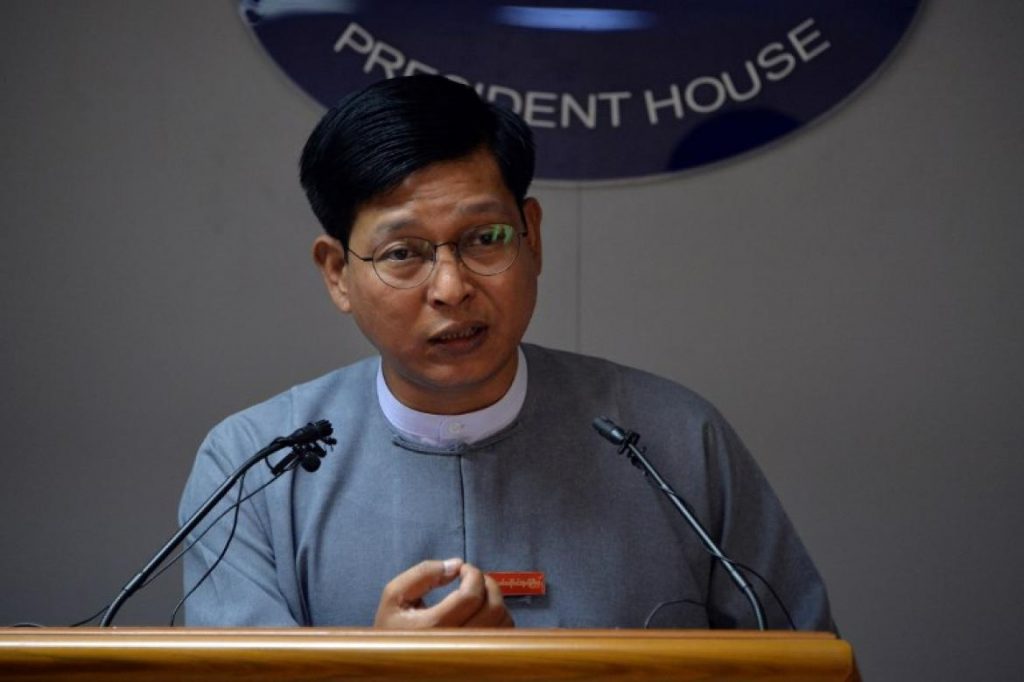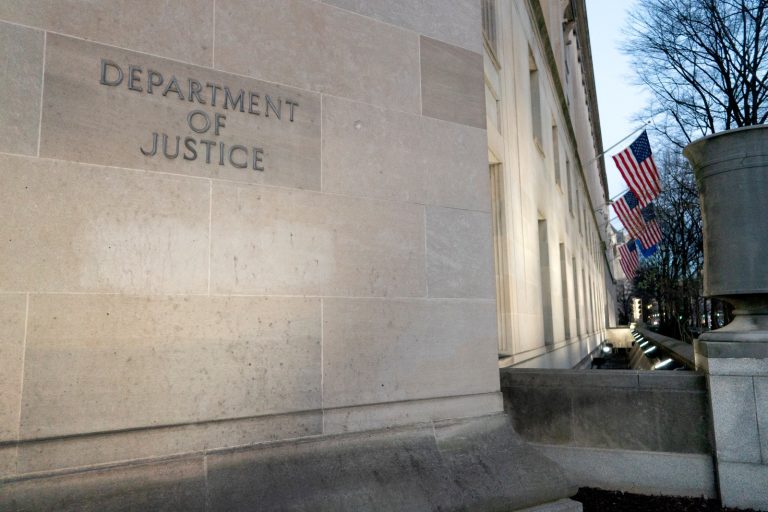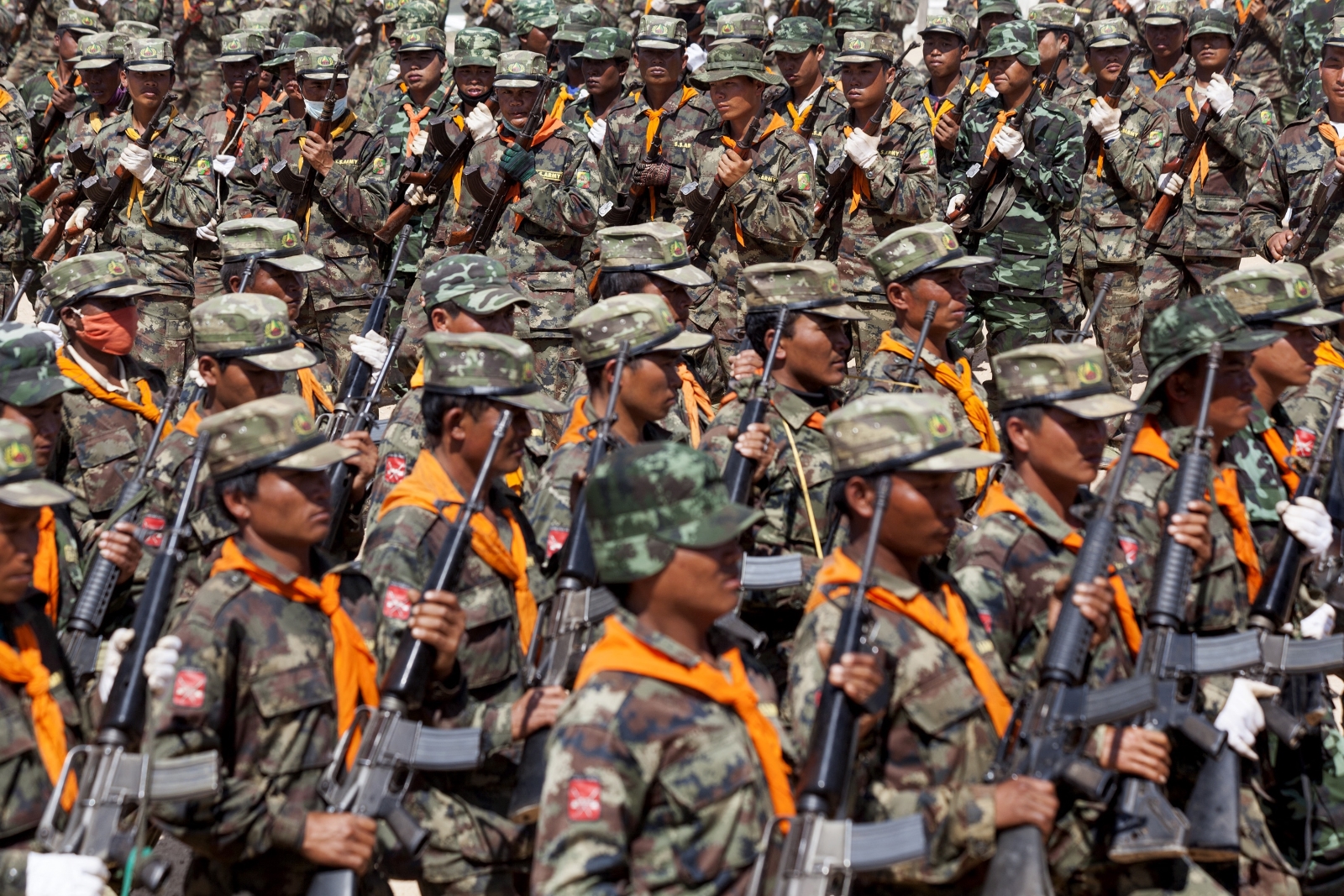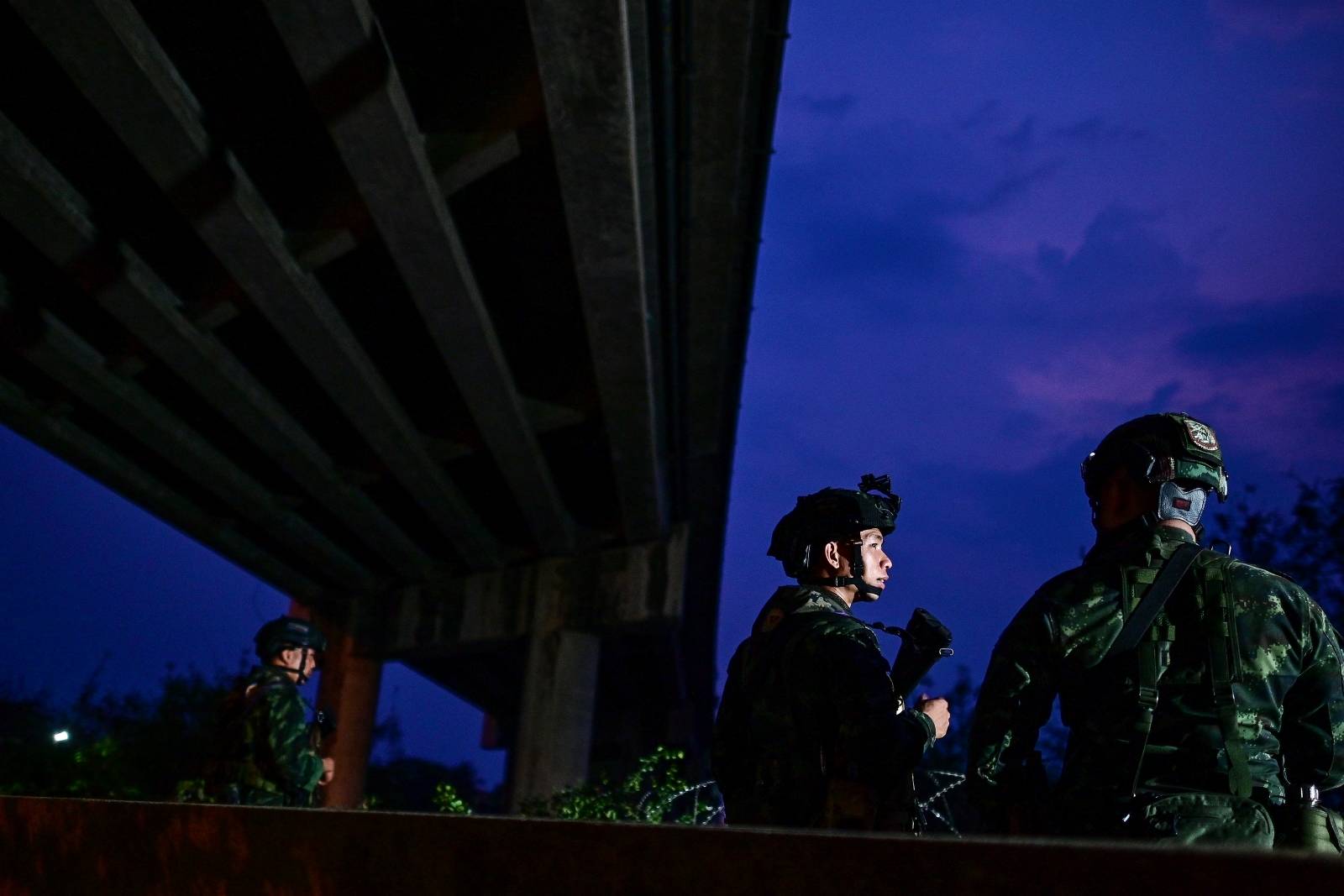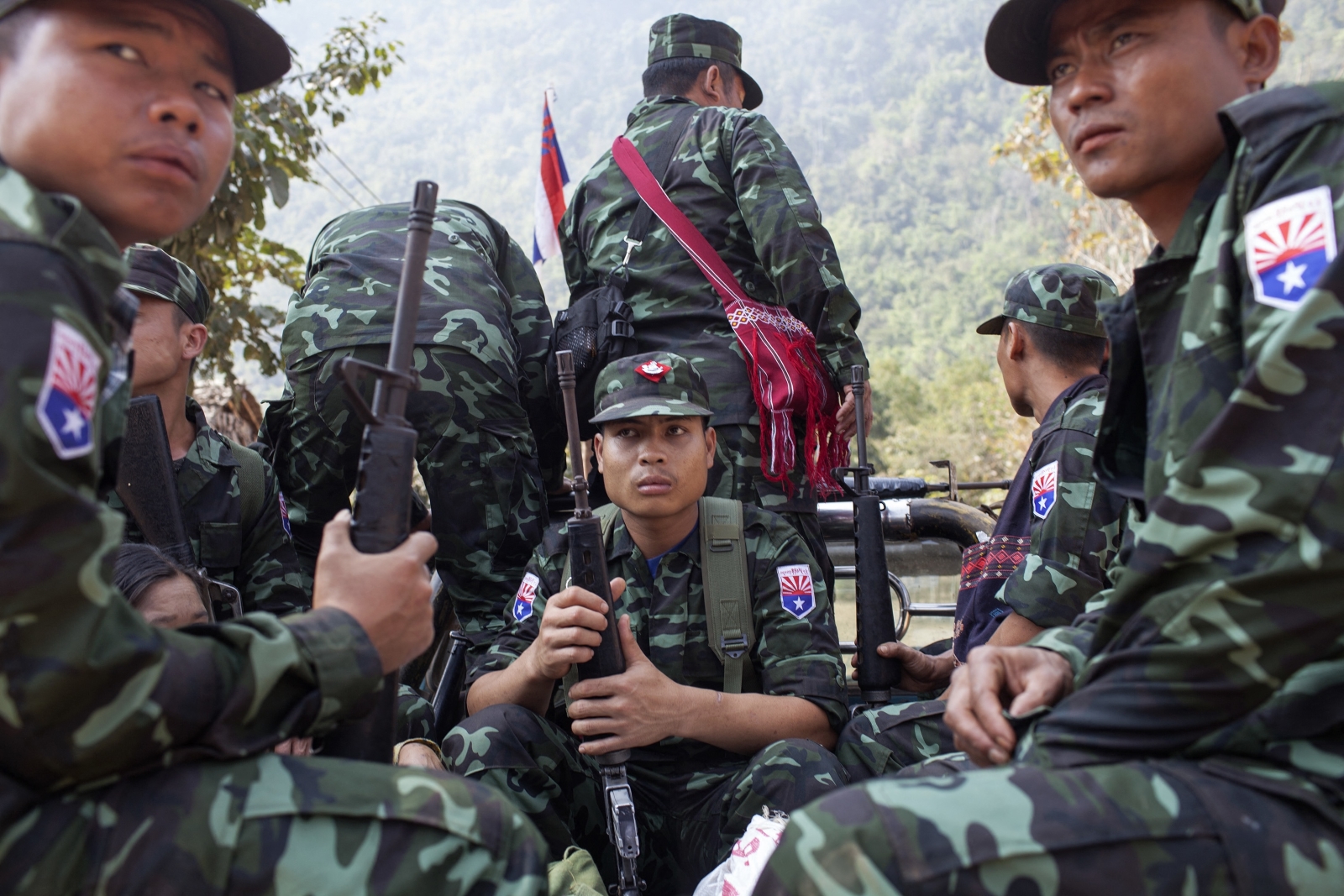By FRONTIER
YANGON — Myanmar’s civilian and military leaders will hold peace talks at Mount Popa to mark the third anniversary of the Nationwide Ceasefire Agreement, government spokesperson U Zaw Htay said, as the peace process stalls amid continued fighting in ethnic regions of the country.
Zaw Htay said Tatmadaw Commander-in-Chief Senior General Min Aung Hlaing and State Counsellor Daw Aung San Suu Kyi would both attend the retreat. The anniversary of the NCA, which was signed on October 15, 2015, has previously been marked at the Myanmar International Convention Centre in Nay Pyi Taw.
“On the third anniversary, we will try to decide how to settle difficulties obstructing the way forward,” Zaw Htay told media during an October 5 briefing at the Presidential Palace. “This time we are going to negotiate with NCA signatories.”
In 2015, eight groups including the Karen National Union (KNU) and Restoration Council of Shan State (RCSS) signed the ceasefire agreement, which at the time was hailed by the Union Solidarity and Development Party government as an historic milestone. Two additional ethnic armed groups, the New Mon State Party and Lahu Democratic Union, signed in February 2018.
Support more independent journalism like this. Sign up to be a Frontier member.
Zaw Htay said government and Tatmadaw representatives held two days of talks last week, including one-on-one discussions on the Rakhine crisis, the International Criminal Court’s preliminary probe into Myanmar’s alleged crimes against Rohingya and the forthcoming retreat.
Further talks are scheduled between the Tatmadaw, government and ethnic armed groups for two days ahead of the formal meeting next week, he said, which will be held at Mount Popa, an extinct volcano in Mandalay Region. In total, five days of informal and formal discussions are anticipated.
“The fact that Commander-in-chief Min Aung Hlaing himself will attend the retreat is an obvious sign of good relations between the government and Tatmadaw,” Zaw Htay said.
“Frankly speaking, if relations were not good, he would not attend. Looking back at the peace process, he has never attended Joint Implementation Coordination meetings; this will be the first time.”
Joint Implementation Coordination meetings are held between ceasefire signatories to resolve issues that arise during the agreement’s implementation.
Zaw Htay said any group unable to attend the talks would be required to justify their absence, “not to us [the government], but to the people”. Failure to attend would indicate a lack of commitment to peace, he said. “If every group attends this meeting, the problems can be solved.”
In a sign of strained relations between ceasefire signatories, there were armed clashes in March between the Tatmadaw and the Karen National Liberation Army, the armed wing of the KNU, over the Tatmadaw’s plans to upgrade a road between two villages in Hpapun Township.
In Shan State, the construction of a new road from Mong Hta, in Mongton Township, to the Thanlwin River — an area controlled by the RCSS — has prompted fears of an impending Tatmadaw attack, according to an October 4 report by the Shan Human Rights Foundation.
The new road is close to completion and will provide a strategic loop along which troops and weapons can be quickly deployed against the RCSS’s bases, it said. “It also provides a line of defence for investments such as the planned Mong Ton dam on the Salween [Thanlwin] River, where Chinese engineers from the Three Gorges Corporation have been surveying in secrecy since early 2018.”
As conflicts with non-ceasefire signatories show little sign of ending despite the ongoing peace process, Zaw Htay said the government intends to hold another session of the 21st Century Panglong Union Peace Conference this year, and a further three sessions in 2019.
The most recent session held in July was marked by controversy and disagreements. Many participants reacted with dismay at the opening speech by Senior General Min Aung Hlaing, in which he blamed ethnic armed groups for prolonging Myanmar’s civil conflicts.
Zaw Htay said disagreements needed to be overcome and new priorities set so that the coming sessions of the conference would be productive. “[We need to decide] how to make it all-inclusive,” he said.


